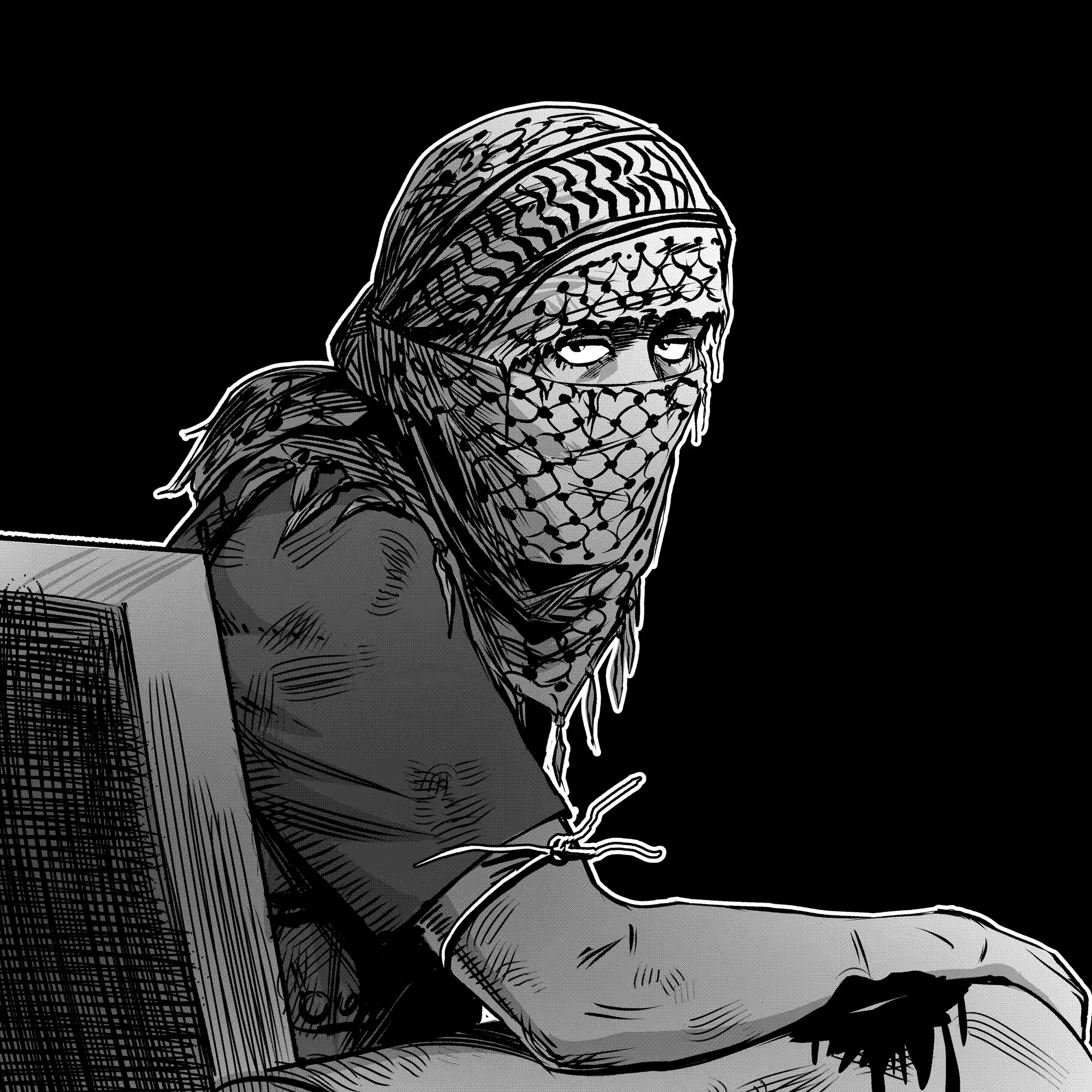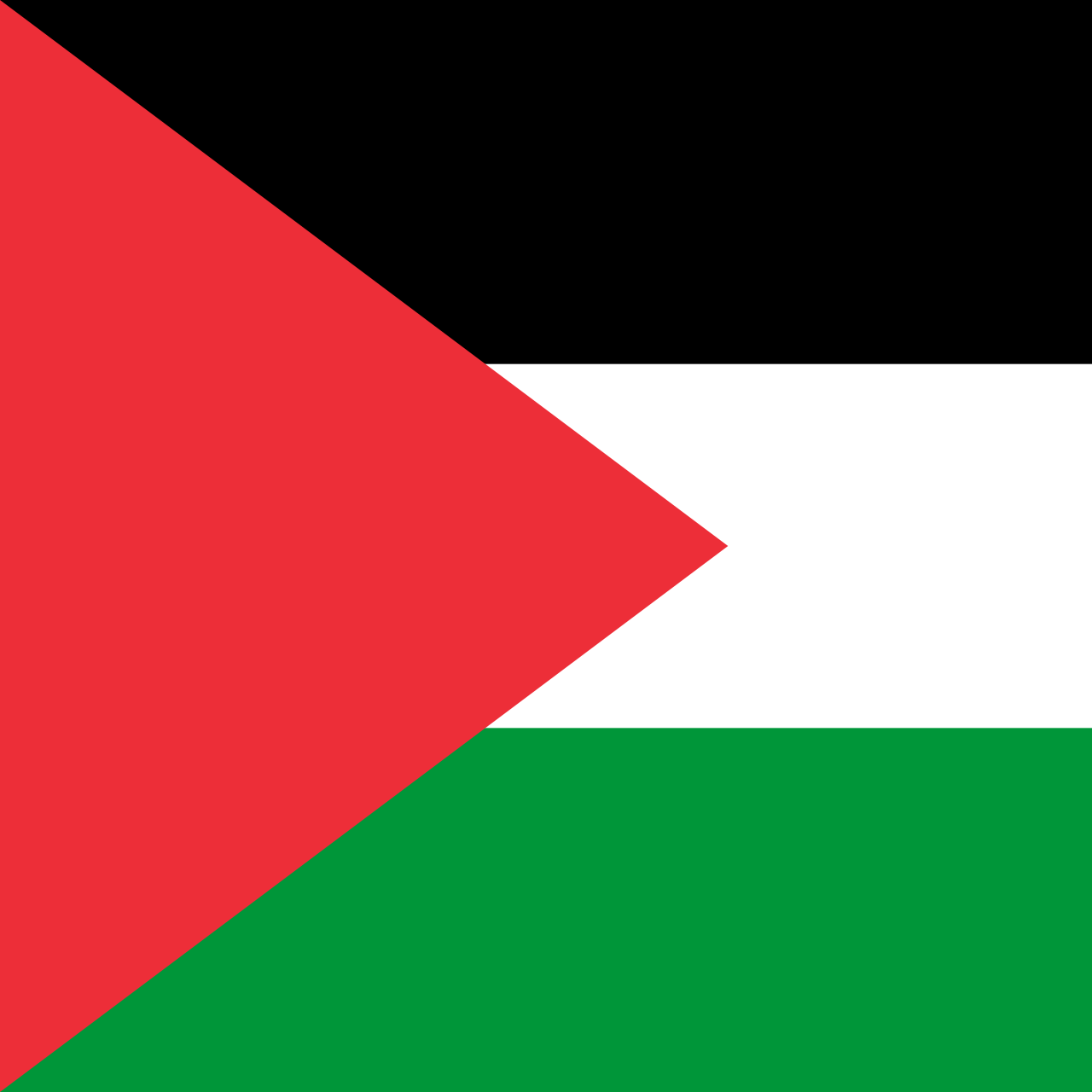This is just an cynical excuse that the Kim Monarchist Dictatorship uses to maintain absolute power and control over the hermit kingdom.
You're listening to NPR.
It's why I've always found it so funny when Americans try to act like they have the moral high ground and other countries should do what they say, USA, the only country that has dropped nukes on civilian targets. America is so far the only country the prove it has a gullible enough population that a large portion of them would wipeout millions of innocent civilians just because some piece of shit general told them it's the right thing to do, if any of the numerous false missile scares had happened on American systems instead of the USSR etc then we would have all been obliterated long ago.
The pathetic excuse for a country almost nuked itself in 1961.
Had those gone off it would've been an instant nuclear war.
Reading the wikipedia list about all the fuck-ups with nukes and it's honestly a miracle we're still here. The whole 60s reads like a clownshow.
America is so far the only country the prove it has a gullible enough population that a large portion of them would wipeout millions of innocent civilians just because some piece of shit general told them it’s the right thing to do
Germany shot all sorts of V2s at British cities in WWII, and I'm pretty sure Britain got in on the bombing of German cities later in the war. These sorts of aerial attacks (and American conventional bombings in WWII and after) produced similar death tolls to the atomic bombs. More broadly, genocide has been justified to many different populations all over the planet.
As shitty as America is, it's not alone here.
This is true and I don't want to come off as saying other countries don't have people in that suck just as much, but I do think there is a distinction between crewing a single bomber dropping a nuke and being part of a large bombing campaign/missile attack, both suck but I feel like the nuke just has a lot more personal responsibility, one/a few people personally delivering death to tens of thousands in an instant. A non-piece of shit would have just crashed their plane into the sea and stopped the whole thing. One bomber in a large attack, though deadly isn't going to save the day by refusing to go.
If the crew of the Enola Gay had refused to fly, another crew would have been sent. If they had crashed the Enola Gay into the ocean, there was another bomb almost ready and a bunch more on the way. I think the individual responsibility factor is no different from a regular bombing raid.
But we're talking about domestic populations justifying mass deaths of enemy civilians. I think very few groups could claim an immunity to that.
Amerikkka already killed millions of civilians through 'strategic' bombing during the Korean war, so it's no surprise Yanks are supportive of a second genocide.
Japan used plague fleas against China in 1941, and the USA used their nazi research in the Korean war and covered it up
https://en.wikipedia.org/wiki/Allegations_of_biological_warfare_in_the_Korean_War#Subsequent_evaluation
And when the soviet union collapsed, and they lost 60% of their trade overnight, we kept sanctions in place, sat back and watched them starve, hoping their government would collapse. Did the same to Cuba.
Oh, it gets even better:
When the number of expected North Korean fatalities increased from 15,000 to 1.1 million, preference for using nuclear weapons among respondents who favor the death penalty increased from 38 percent to 49 percent
:amerikkka:
"Listen here buddy, don't be waistin' no nuke on a measly 15K civilians! You gotta pump those numbers up!" - People who likely identify as "Pro-Life."
It's interesting that the respectable consensus is that America would never use nukes unilaterally because the reality is that various generals and spooks have been advocating for exactly that ever since WW2. MacArthur wanted to use nukes in Korea. Kennedy's joint chiefs were absolutely nutty about it, they wanted him to nuke Cuba to solve the missile crisis and Berlin because there was a minor (peaceful) standoff between US and Soviet tanks at the Berlin wall. They were also constantly agitating for a full preemptive strike to wipe out the Soviet Union. Johnson considered nuking Hanoi. No reason to think the idea totally disappeared all of a sudden after that.
this type of headline is just straight up depressing, it shows so many evils but the one that gets me is the idea people are just okay or indifferent to a whole region facing nuclear fallout. Apparently just teaching abstinence only in schools doesn't translate well to also not wanting massive radiated mushroom clouds of death???
There's a lot of people who are religious that are against nuclear weapons/war for those reasons. However, those people aren't the ones that get elected. They aren't the ones that get their ideas pushed on TV. They're relegated to the backseat.
The push right now is a push for the return of white nationalism in an open and jingoistic way. Only the ideas that serve that goal are allowed to float to the surface.
This is why I get a little nervous when I see comrades on here parroting RFA propaganda about the DPRK.
I haven't seen anyone support nuking, thankfully, but I have seen anarchists support the economic sanctions (on the old sub) which is almost as bad.
Have seen people here saying that Kim should be killed.
As far as the non-interventionist "criticism" that's still rooted in propaganda, Adam Johnson has this analogy he uses (forget the exact quote and I can't find it right now) about how doing all of this "criticism", saying some official enemy actually is an oppressive, totalitarian regime that puts all political dissidents in concentration camps, etc., while saying, "oh, but of course we shouldn't attack them" is like taking the football 90 yards and then dropping it there. It makes it that much easier for someone to take it all the way. Echoing that propaganda furthers the work of regime change propaganda even if you say that regime change is bad. See all of the "socialist" support for the Hong Kontras.
There's principled critique and there's "North Korea is a fascist monarchy that murders all gay people", which I see here all the time.
And yes, when dealing with normies, those of us living in the imperial core should just shut the fuck up about the countries that are under siege from imperialism unless it's to defend them.
The ‘monarchy’ line is a tongue-in-cheek way of refering to legitimate criticism over the Kim’s pseudo-hereditory leadership.
The monarchy line is saying that the DPRK is a monarchy, which is false, and reinforces the narrative that the people of the DPRK are oppressed and subjugated by the Kims and in need of liberation.
I’ve not once seen ‘kills all gay people’-kind of criticism here, but maybe it’s just very, very niche.
I've seen it twice that I can recall. Less common than the other stuff. Much more common in big tent spaces on Reddit and Twitter and it's just a common assumption irl.
None of here are ‘normies’, so we should be able to speak freely in good faith about things like this.
There's good faith discussion and there's calling the DPRK fascist with no factual basis and refusing to listen to people pushing back against those imperialist narratives. It's pretty good here for the most part but we're the exception even in online left spaces. The old sub was much worse.
It's why we need to push back on propaganda against North Korea, China, Venezuela, Syria, and pretty much any other nations in the crosshairs of the imperialist psychopaths who run the USA. Human rights and "freedom" are only ever used as a cudgel to justify murdering people in the way of US empire.
a third of americans is less than i thought it would be still just a fuckton of people though
polls are meaningless, ironically the truly depraved imperialist fascists are Vox propagandists writing this.
polls are usually accurate, just not enough for US elections because they have an error margin around 5% max
Same people are very concerned about human rights in 🇨🇳 and 🇻🇪
Korea came very close to being the second nation to be nuked. Immediately following WW2, Truman was chomping at the bit to nuke Korea during the subsequent Korean War. Let me see if I can find some appropriate passages on the subject...
The United States came closest to using atomic weapons in early April 1951, precisely at the time when Truman removed MacArthur. Although much related to this episode is still highly classified, it is now clear that Truman did not remove MacArthur simply because of his repeated insubordination, but because he wanted a reliable commander on the scene should Washington decide to use nuclear weapons; that is, Truman traded MacArthur for his atomic policies. On March 10, 1951, MacArthur asked for a “ ‘D’ Day atomic capability” to retain air superiority in the Korean theater, after the Chinese massed huge new forces near the Korean border and after the Soviets and put 200 bombers into airbases in Manchuria (from which they could strike not just Korea but American bases in Japan). On March 14, General Vandenberg wrote, “Finletter and Lovett alerted on atomic discussions. Believe everything is set.” At the end of March, Stratemeyer reported that atomic bomb loading pits at Kadena Air Base on Okinawa were once again operational; the bombs were carried there unassembled, and put together at the base, lacking only the essential nuclear cores. On April 5 the JCS ordered immediate atomic retaliation against Manchurian bases if large numbers of new troops came into the fighting, or, it appears, if bombers were launched against American assets from there. On that same day, Gordon Dean, chairman of the Atomic Energy Commission, began arrangements for transferring nine Mark IV nuclear capsules to the Air Force’s 9th Bomb Group, the designated carrier for atomic weapons.
The main atomic capsule or core available to the United States in early 1951 was the Mark IV, which had first been tested at the Pacific isle called Eniwetok in 1948, and which went into manufacture in March 1949; some 550 Mark IVs were built by the time the production line ended in May 1951. The United States also had some 120 Mark IIIs, produced between 1947 and 1949 and retired over the period March–December 1950. The Mark IV was considered a big improvement over these weapons; it could be fitted with one of three nuclear cores, yielding a blast range equivalent to 20 to 40 kilotons of TNT, depending on which core was used. In other words the Mark IV in its smallest version was the equivalent of the Hiroshima bomb. The fully assembled Mark IV atomic bomb weighed some 11,000 pounds, but could still be carried both by B-29s and by the Navy’s AJ-1 attack bomber.
Gen. Omar Bradley (the JCS chairman) got Truman’s approval to transfer the Mark IVs “from AEC [Atomic Energy Commission] to military custody” on April 6, and the president signed an order to use them against Chinese and North Korean targets. The 9th Air Force Group deployed out to Guam. “In the confusion attendant upon General MacArthur’s removal,” however, Truman’s order was never sent. Why was Truman’s order never implemented? There were two reasons: Truman had used this extraordinary crisis to get the JCS to agree to MacArthur’s removal (something Truman announced on April 11), and the Chinese did not significantly escalate the war. So the bombs were not used. The nine Mark IVs did not go back to the AEC, however, but remained in Air Force custody after their transfer on April 11. The 9th Bomb Group remained on Guam, but did not move on to the loading pits at Kadena AFB in Okinawa.
The Joint Chiefs again considered the use of nuclear weapons in June 1951, this time in tactical battlefield circumstances, and there were many more such suggestions as the war continued to 1953. Robert Oppenheimer, former director of the Manhattan Project, was involved in “Project Vista,” designed to gauge the feasibility of the tactical use of atomic weapons. In early 1951 a young man named Samuel Cohen, on a secret assignment for the Defense Department, observed the battles for the second recapture of Seoul, and thought there should be a way to destroy the enemy without destroying the city. He became the father of the neutron bomb. Perhaps the most daunting and terrible nuclear project that the United States ran in Korea, however, was Operation Hudson Harbor. It appears to have been part of a larger project involving “overt exploitation in Korea by the Department of Defense and covert exploitation by the Central Intelligence Agency of the possible use of novel weapons” (a euphemism for what are now called “weapons of mass destruction”). Operation Hudson Harbor sought to establish the capability to use atomic weapons on the battlefield, and in pursuit of this goal, lone B-29 bombers were lifted from Okinawa in September and October 1951 (while being controlled from an American air base in Japan) and sent over North Korea on simulated atomic bombing runs, dropping “dummy” A-bombs or very heavy TNT bombs. The project called for “actual functioning of all activities which would be involved in an atomic strike, including weapons assembly and testing, leading, ground control of bomb aiming,” and the like. The results indicated that the bombs were probably not useful, for purely technical reasons: “timely identification of large masses of enemy troops was extremely rare.”
- North Korea: Another Country by Bruce Cumings, I can't remember what page because I ripped this out of an epub
Adding a little bit more from the same chapter because it's interesting and tragic, albeit slightly off-topic
One may imagine the steel nerves required of the DPRK’s leaders, sitting in their deep bunker under Moran Hill in Pyongyang observing a lone B-29 simulating the attack lines that had resulted in the devastation of Hiroshima and Nagasaki just five years earlier, each time unsure of whether the bomb was real or a dummy. But then, they survived the kill-all, burn-all, loot-all campaigns launched under General Tōjō’s command in the 1930s. Successive American administrations have foolishly underestimated this leadership and have paid the cost for it in American lives. “War is a stern teacher,” Thucydides memorably wrote; indeed, it is the supreme teacher of one’s memory. As Nietzsche put the point in discussing human “mnemotechnics,” the oldest psychology on earth is that which must be “burned” in: “only that which never ceases to hurt stays in the memory.”
The declassified record shows that American commanders also considered the massive use of chemical weapons against Sino-North Korean forces. In penciled diary notes written on December 16, 1950, Ridgway referred cryptically to a subcommittee on “clandestine introduction [of] wea[pon]s of mass destruction and unconventional warfare.” I know nothing more about this item, but it may refer to Ridgway’s request to MacArthur that chemical weapons be used in Korea. The original of Ridgway’s telegram is unavailable; one author claims that this was merely a request for tear gas, but that would not explain MacArthur’s reply on January 7, 1951, which alluded to the laws of war, and read as follows: “I do not believe there is any chance of using chemicals on the enemy in case [American] evacuation is ordered. As you know, U.S. inhibitions on such use are complete and drastic.” The next day, in a conference with General Almond and others, the transcript says, “If we use gas we will lay ourselves open to retaliation. This question has been taken up with General MacArthur for decision. We have requested sufficient quantities to be shipped immediately in the event use of gas is approved.”
Without the use of “novel weapons”—although napalm was very new at the time—the air war nonetheless leveled North Korea and killed millions of civilians before the war ended. North Koreans will tell you that for three years they faced a daily threat of being burned with napalm; “you couldn’t escape it,” one told me in 1981. By 1952 just about everything in northern and central Korea was completely leveled. What was left of the population survived in caves. The North Koreans created an entire life underground, in complexes of dwellings, schools, hospitals, and factories. The Japanese built many tunnels and caves on the peninsula during World War II, for defense and storage of ammunition and equipment in anticipation of a ground campaign across the mainland against the home islands. During the Korean War, Korean and Chinese forces built massive underground installations because they had lost control of the air and because of well-grounded fears of nuclear attack. Commanding General Peng Dehuai’s memoirs estimated that 1,250 kilometers of tunnels and 6,000 kilometers of trenches were dug just along the war front itself, in and behind the current DMZ.
It wouldn't shock me because we already gleefully murdered 15-20% of their population with "strategic bombing" during the Korean war.






